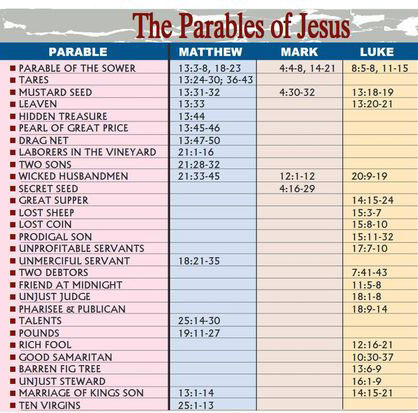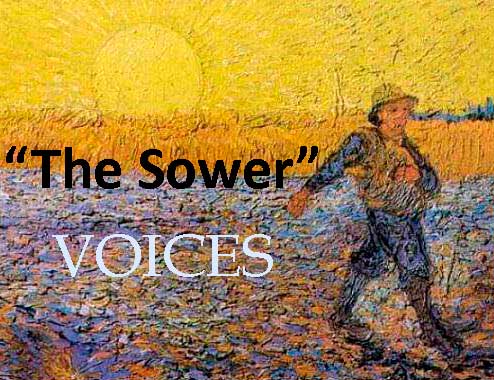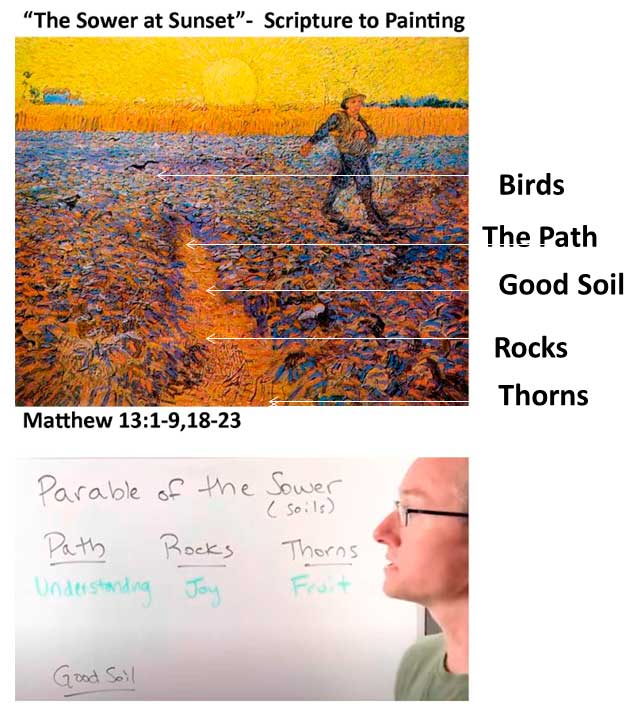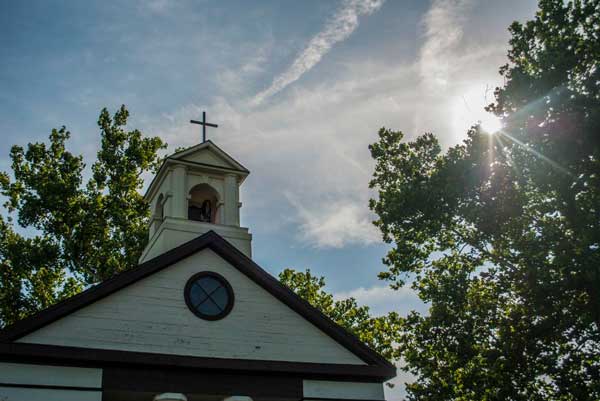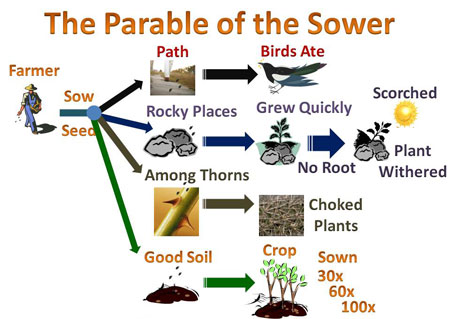
July 20 always brings back memories of the moon landing of Apollo 11. On that day in 1969, Commander Neil Armstrong and lunar module pilot Buzz Aldrin landed the Apollo Lunar Module Eagle on the moon.
A unique book about the space program “To Touch the Face of God 1957-1975” by Kendrick Oliver, published in 2013 is about the role of religion, with the astronauts. How did religion and faith affect the astronauts during the flight and later as they tried to reflect on it? Highly recommended!
5 examples and quoting liberally from the book without quotes. It was clear that the missions affected everyone differently and some more than others. I have chosen those where there was a definite response.
1. Buzz Aldrin on Apollo 11 was an elder of Webster Presbyterian, where Glenn had also worshipped; he taught Sunday school at the church, as did his wife Joan. Aldrin marked his arrival on the moon by serving himself communion, “symbolizing the thought that God was revealing himself there too, as man reached out into the universe.” Finally, in a television transmission as the crew was headed back to earth, Aldrin reflected on the “symbolic aspects” of the Apollo 11 mission and quoted from Psalm 8: “When I consider the heavens, the work of Thy fingers, the moon and the stars which Thou hast ordained, what is man that Thou art mindful of him?”
2. Standing on the porch of his lunar module during the Earth-orbital mission of Apollo 9, Russell Schweickart was unexpectedly afforded five minutes to register his position in the universe while his crewmate Dave Scott attended to a problem with his camera. “Now you’re out there,” he later re-called, “and there are no frames, there are no limits, there are no boundaries. You’re really out there, going 25,000 miles an hour, ripping through space, a vacuum
Eventually, by the end of the mission, his sense of connection had come to encompass the whole of the earth. “And somehow you recognize,” he stated, “that you’re a piece of this total life. And you’re out there on that forefront and you have to bring that back somehow. And that becomes a rather special responsibility and it tells you something about your relationship with this thing we call life. So that’s a change.”
It was to this planet, and not some starry futurity, that he now knew that he belonged, “a piece of this total life.” Many years later he reflected about his experience. “It has in many ways given me the opportunity to initiate things, whether that was forming the Association of Space Explorers or starting the B612 Foundation, protecting the Earth. I’ve been able to do a lot of things because I flew in space that have implications for the future that weren’t part of Apollo 9 per se
3 For Frank Borman on Apollo 8, a lay reader in his Episcopal Church the voyage to the moon offered proof of man’s dependence on God: the earth was a “miracle of creation,” and everything else was “eternal cold”. While in lunar orbit, Borman also recorded a prayer to be played to his church during its Christmas Eve service, in lieu of the lay-reader duty he had been scheduled to perform.
4 Apollo 14 lunar-module pilot, Edgar Mitchell. “Now, in an “ecstasy of unity,” as he coasted between moon and earth, he rapidly arrived at an understanding of what this cosmology really meant: that everything was connected. “It occurred to me,” he wrote, “that the molecules of my body and the molecules of the spacecraft itself were manufactured long ago in the furnace of one of the ancient stars that burned in the heavens about me.”
5 When James Irwin, lunar-module pilot on Apollo 15 had a problem erecting the power generator for the various scientific experiments that he and Scott were to leave on the moon, he prayed for guidance and immediately came up with a solution. The next day, he spotted a strange, light-colored rock sitting on a base of gray stone, almost, Scott recalled, ”as if it had been placed on a pedestal to be admired.” Scott wiped away some of the dust covering the rock and saw that it was composed of large, white crystals, an indication that it had once belonged to the moon’s primordial crust. “I think we found what we came for,” he told mission control. Later the rock would be dated at more than four billion years old, close to the age of the solar system itself, and given the name Genesis Rock. To Irwin, the peculiar placement of the rock—“it seemed to say, ‘here I am, take me’ ”—was evidence that its discovery had been the will of God.
[He wanted to hold a service celebrating the beauty of his surrounding but couldn’t interest his partner who reminded him of their tight schedule”]. Irwin offered up instead one of his favorite lines of scripture, from Psalm 121: “I will lift up mine eyes unto the hills, from whence cometh my help.” He sensed, he later wrote, “the beginning of some sort of deep change taking place inside me,” from the shallow, fitful religious faith that had marked his life before the moon to a new confidence in the power and agency of God



